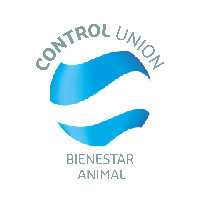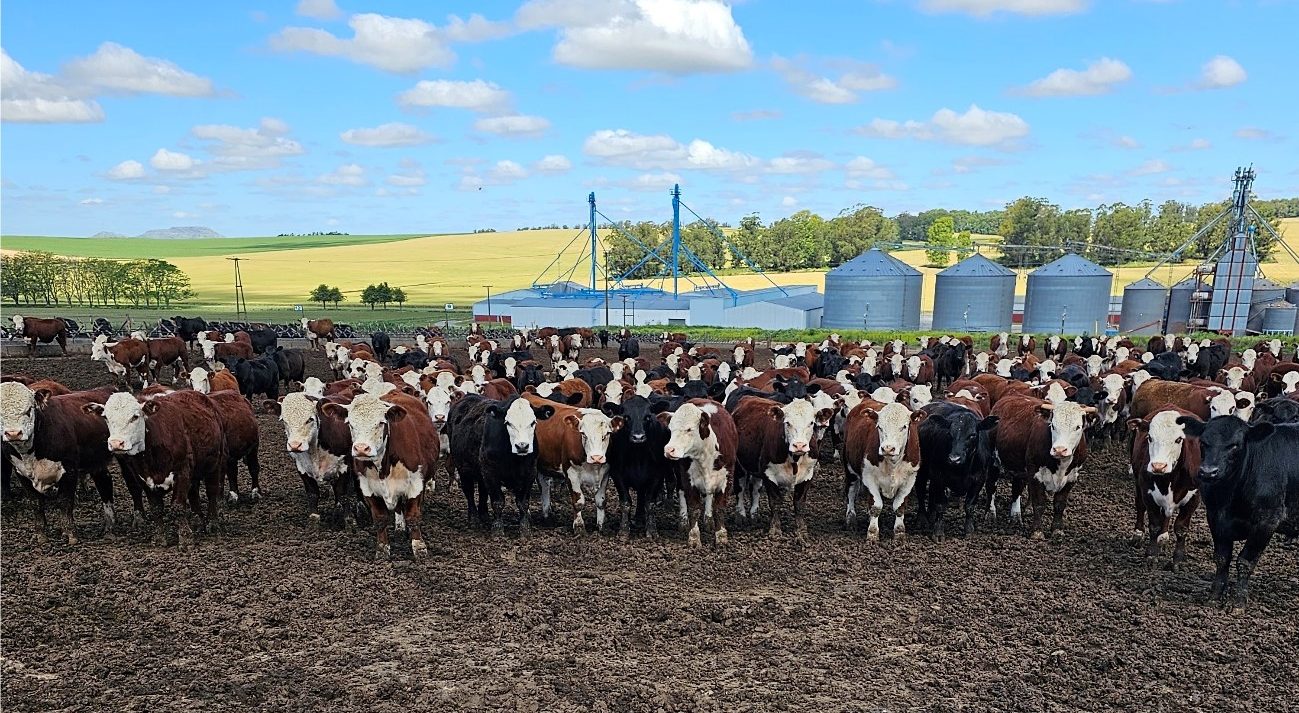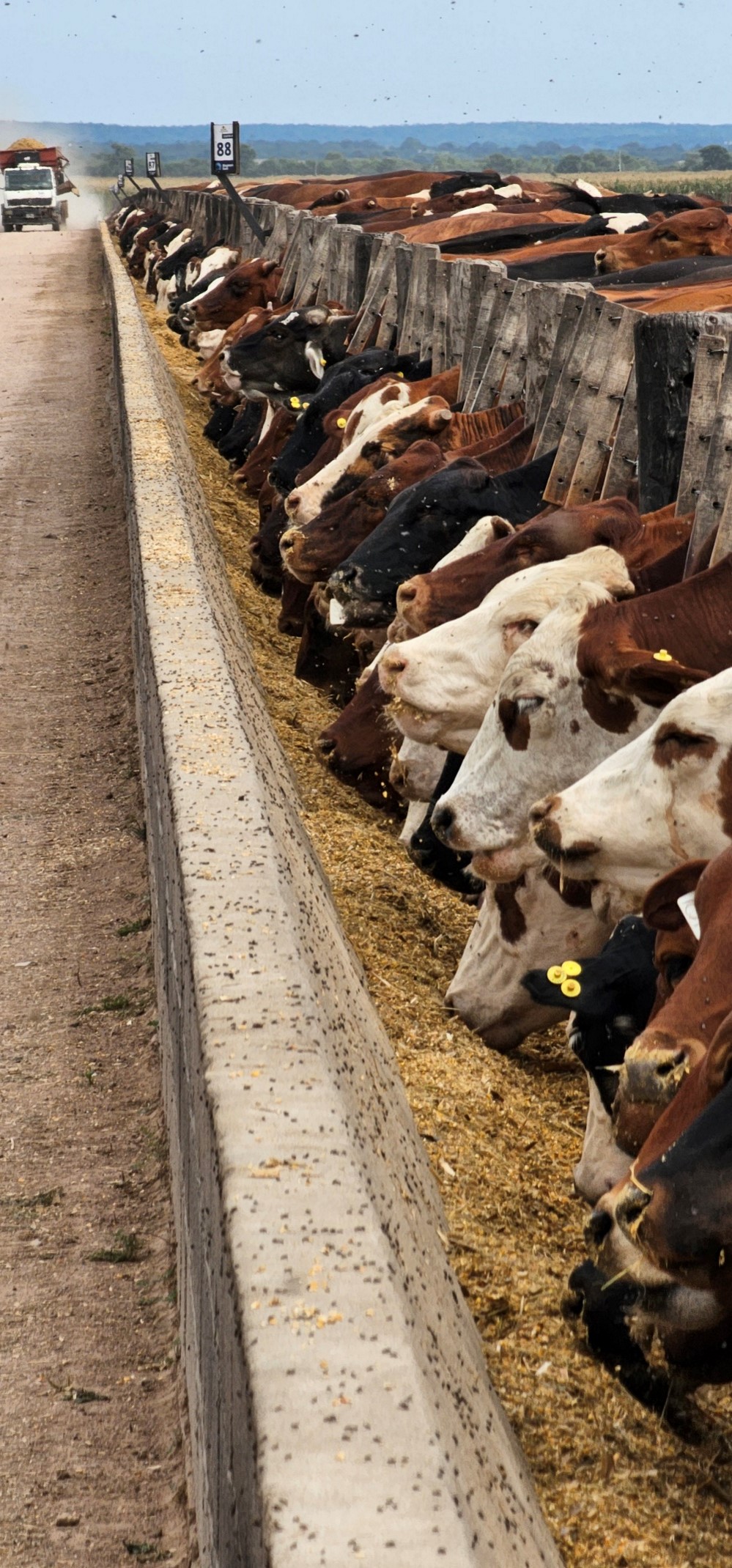
Animal Welfare
The livestock industry and meat production play a crucial role in global food supply. In this context, animal feedlot facilities serve an essential function in meeting the growing demand for animal protein.

Animal Welfare
About the standard
The protocol was developed in 2018 with a focus on continuous improvement and adaptation to the local production context. It assesses everything from herd identification and the facility’s environmental conditions to stress management, access to food and water, disease prevention, and the animal’s natural behavior.
The scheme promotes good practices that have a positive impact on meat quality, system efficiency, and staff safety.
Benefits
-
Improved productive performance, with greater efficiency and meat quality.
-
Legal compliance and alignment with increasing regulatory requirements.
-
Commercial differentiation and added value for the establishment.
-
Safer handling conditions for staff.
-
Access to recommendations for implementing progressive good practices.
Success Stories
In June 2025, we visited Establecimiento Las Chilcas in the province of Córdoba as part of our work in Animal Welfare.
During the visit, we toured the facilities, observed management practices, and spoke with the team to verify compliance with the scheme’s criteria.
We greatly appreciate the openness and commitment of the establishment to continuous improvement and responsible livestock production!



Why certify with Control Union?
Control Union is the organization that designed and keeps the protocol up to date. Our technical team has developed criteria aligned with the real challenges of intensive production and includes auditors trained in the main livestock regions of the country. In addition, we offer an agile and transparent process, with on-site audits and prior document review, making the producer’s experience easier.
Application form
Download the application form